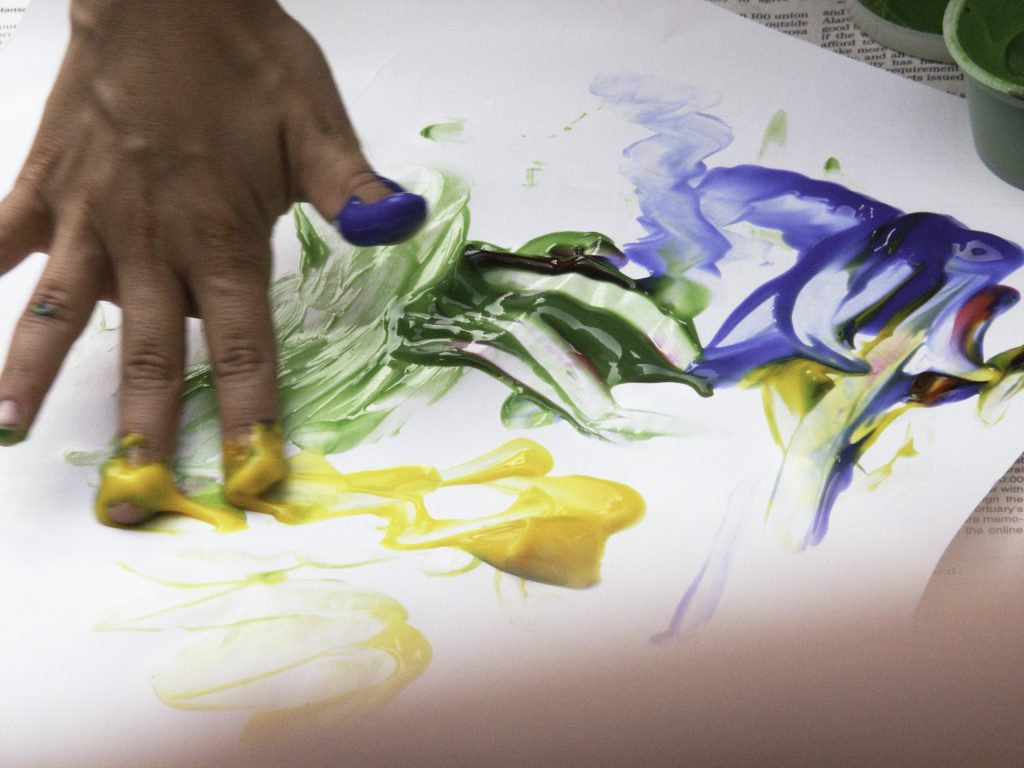It is not easy to work on a foreign language with a child. When I work on literature or history, I have a sense of easiness. Even if I have never read the particular book or studied the subject at hand, my much larger experience of books and words and ideas allows me to grasp things quickly and confidently. I can feel like an expert…at least compared to a child. But a new language puts me very much on the child’s level! I just pulled out my Greek texts last week, and the words of chapter one swam before my eyes. Decoding itself–completely involuntary in English–required great effort, as it does for a child learning to read.
Even a language we have put significant time into still requires humility. In my “Guinea Pig” Latin cohort I’m trying to make the leap to using no English in class. As I tried to explain unfamiliar words or grammatical ideas within the medium of Latin, I found myself often tongue-tied–synonyms and circumlocutions that would be so easy in English were much harder to pull up in Latin! There is no doubt about it, language work forces us to humility and vulnerability. It makes us experience once again what it feels like to be a child learning the skills as well as the content. It is not easy.
But easy is not our goal, is it? Easy is the enemy of growth.* If I want to model learning to my child, I will have to let her see me doing things that are clearly difficult for me. And there are some delicious side-benefits to being like a child again! A few years ago, when I first started to read chapter books in Latin, I remember putting down my copy of Harry Potter in Latin with a grin, and thinking, “this is what it felt like to read books as a kid!” What was different? I think it was how slowly I read. Unable to zoom ahead, I had to linger with the sentences, and it felt more like an adventure. There is a lovely freedom to being a beginner at something: there is no pretense, no imposter syndrome, and every step of progress is unmistakable. Each day I know something I did not know the day before. It is not easy, but it can be delightful.

We humans are made to work hard–to work “as unto the Lord” and to “toil, struggling with all his energy that he powerfully works within me.”** We are called to rest, but rest within mighty and beautiful work; just as we are called to peace, but peace in the midst of trouble and stress. When we allow ourselves to be as humble and work as hard as a child, we open ourselves to God’s blessing.
I read Psalms in Latin, these days, because it forces me to read more slowly and see new things. The other day I read the familiar “he leadeth me beside the still waters.” Guess what the word for “lead” was in the Latin translation? Educavit. It’s where we get our word “educate”–literally it means “to lead out,” but it came to mean “to bring up [a child]” and by extension “to teach.” It reminded me of what a blessing it is to be led, to be taught. I have a calling to lead my children with as much excellence as I can muster, but I also have a shepherd myself who will teach me as I humble myself and obey. Taking the posture of a sheep, or a child, in the realm of learning, I will end up by the aqua refectionis, “water of restoration.”*** So in a sense, it is easy after all–because his yoke is easy, and his burden is light.

Notes:
*Impossibility is also an enemy of growth, of course! What we want is that “zone of proximal development” that is just a little too hard to do without effort and help.
**Colossians 3:23; 1:29
***Psalm 23 (22 in Vulgate translation)

Leave a Reply